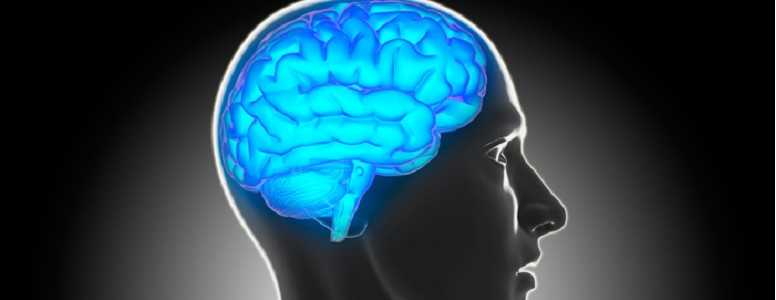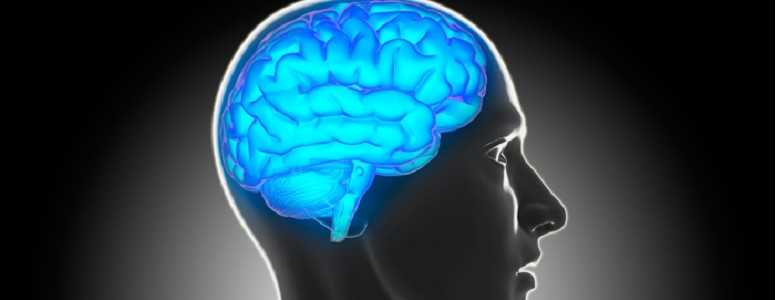Parts of the brain have been identified that alter the capability of some people with type 1 diabetes to spot hypoglycemia, King’s College London scientists report.
Hypo unawareness, clinically known as Impaired Awareness of Hypoglycaemia (IAH), develops when a person with type 1 diabetes cannot identify symptoms of low blood sugar, leading to an increased risk of severe hypoglycemia.
The King’s College London researchers noted that conventional treatments have not focused on the emotional and cognitive elements of the brain’s functioning in hypo unawareness.
In a small study of 17 men with type 1 diabetes, eight of whom had hypo unawareness, tests showed those with IAH experienced significantly less brain activity in regions associated with emotional experience and memory. This meant they were not only unable to recognise hypo symptoms but also unable to recall past incidences as being unpleasant.
The researchers used a technique called Positron Emission Tomography where they radiolabelled water to spot changes in activity in the brain regionally, using radioactivity to measure changes in blood-flow. They then examined the participants as they experienced blood glucose levels, which were normal and low.
Lead author Professor Stephanie Amiel said: “Severe hypoglycaemia is a life-threatening emergency and it, with IAH, can be devastating for people with type 1 diabetes and for their families.
“The brain imaging studies have helped us understand why about one in ten people with type 1 diabetes struggle so much with problematic hypoglycemia and have underpinned a research programme that has led us to a novel treatment with exciting potential to help these people. It may also have implications for other conditions where failure to experience symptoms leads people to recurrent severe exacerbations of disease.”
Professor Amiel and her team are now working on a study funded by the JDRF exploring a new treatment for IAH.
The study was published by the journal Diabetologia.
Editor’s note: Visit our Hypo Training Program for more information on hypo awareness and how to regain the ability to detect hypos.
What's new on the forum? ⭐️
Get our free newsletters
Stay up to date with the latest news, research and breakthroughs.






